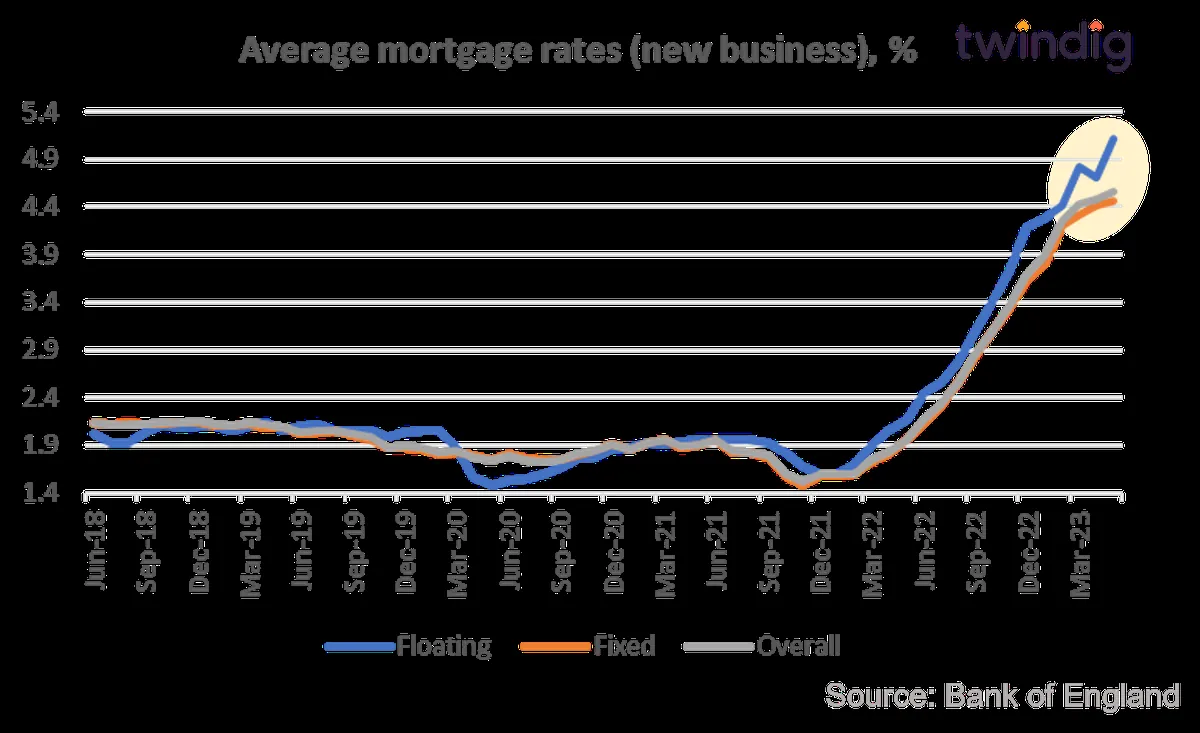Canadian free speech faces new challenges under latest government proposals
Telegraph explores Canadas shift in handling free-speech through new online-harm laws and regulations. Recent proposals suggest possibility of pre-emptive restrictions without actual crimes committed

The Telegraph starts a week-long deep-dive into Canadas progressive laws‚ with todays focus on free-speech concerns (this article being fourth in their series)
In a striking shift from its democratic roots Canada moves towards strict speech control: the governments new online-harms law could let judges order house-arrest for people who havent done anything wrong yet. Last year streaming platforms got hit with mandatory sign-ups‚ while Jordan Peterson faced a choice — take social-media training or lose his medical license
About 2 years ago when truckers stood against covid rules‚ Justin Trudeauʼs government used emergency powers to stop protests and block bank accounts; this shows a pattern of control thats getting stronger
I am Canadian‚ a free Canadian‚ free to speak without fear‚ free to worship God in my own way
The law system already has rules about hate: criminal code sections deal with harassment (264)‚ hatred promotion (319)‚ and public conduct (157). A decade ago parliament removed the controversial Section 13 that dealt with online hate speech‚ but now thereʼs more
- Bill C-36 from 3 years back wanted to block “vilification“ online
- New Bill C-63 lets people report others who might do something wrong
- Possible fines go up to $50‚000 per case
- Home monitoring and restrictions without proof of crime
- Legal fees plus $20‚000 payment to “victims“
The rules create a system where speaking freely becomes risky — you dont need to break any laws to get in trouble. Its like putting up cameras in peoples minds: theyʼll think twice before saying anything that might upset someone





























